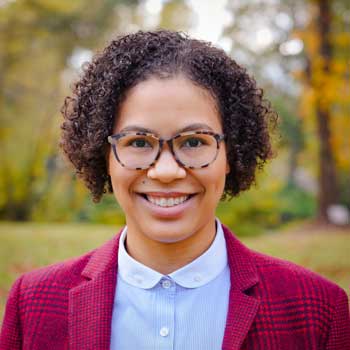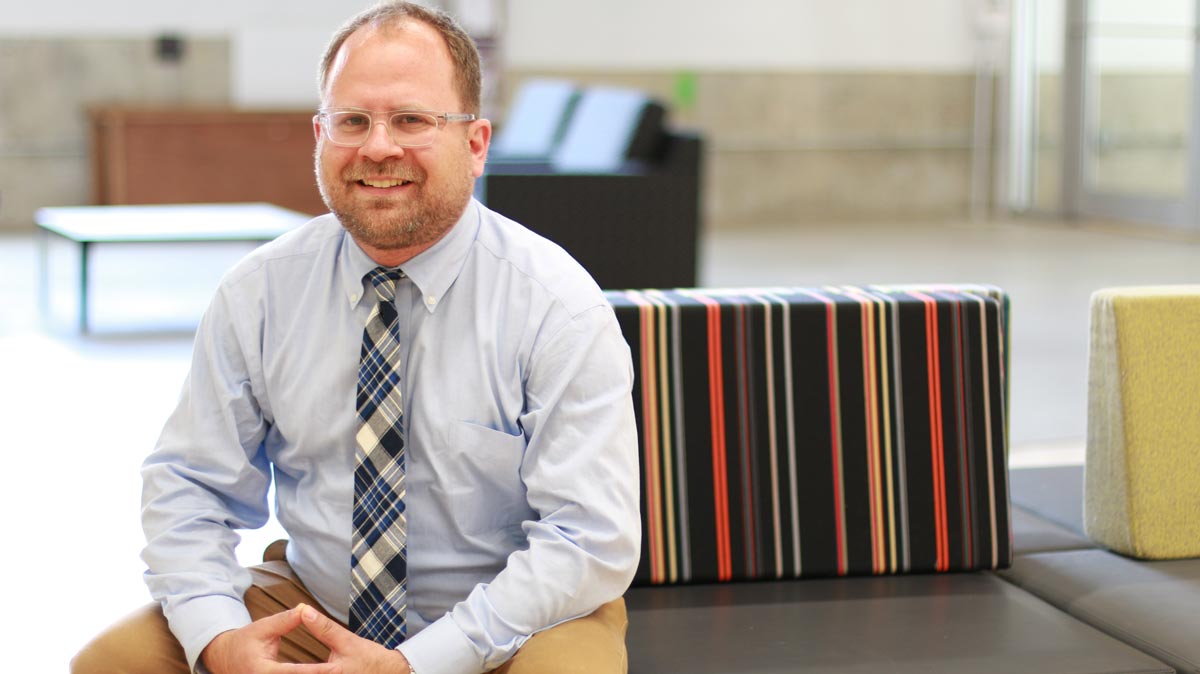Date: Thursday, February 3
Time: 12:30 – 1:45 p.m.
NEW Location: Campus Center, South BC Conference Room
Free and open to the public.
About the Seminar:
This talk examines the effects of mid-20th century urban redevelopment projects on Detroit’s black business community. Urban renewal in Detroit disproportionately affected African Americans, so much so that black Detroiters often referred to urban renewal as “Negro Removal.” Non-whites made up 98 percent of the families living in some urban renewal locations. Most scholarship on urban renewal focuses on housing and residential displacement, yet, in some ways, black business owners were more adversely affected by urban planning initiatives than residential renters and homeowners.
About Kendra Boyd, Ph.D.:
 Kendra Boyd is an Assistant Professor of History at Rutgers University in Camden, New Jersey. She is a scholar of African American history, focusing on black entrepreneurship, racial capitalism, migration, and urban history. Her article “A ‘Body of Business Makers’: The Detroit Housewives League, Black Women Entrepreneurs, and the Rise of Detroit’s African American Business Community” (Enterprise & Society) won the 2021 Letitia Woods Brown Article Prize from the Association of Black Women Historians. Dr. Boyd also co-edited (with Deborah Gray White and Marisa J. Fuentes) Scarlet and Black, Volume 2: Constructing Race and Gender at Rutgers, 1865-1945, (Rutgers University Press, 2020). Currently, she is writing a book on black entrepreneurship in Great Migration era Detroit, Michigan.
Kendra Boyd is an Assistant Professor of History at Rutgers University in Camden, New Jersey. She is a scholar of African American history, focusing on black entrepreneurship, racial capitalism, migration, and urban history. Her article “A ‘Body of Business Makers’: The Detroit Housewives League, Black Women Entrepreneurs, and the Rise of Detroit’s African American Business Community” (Enterprise & Society) won the 2021 Letitia Woods Brown Article Prize from the Association of Black Women Historians. Dr. Boyd also co-edited (with Deborah Gray White and Marisa J. Fuentes) Scarlet and Black, Volume 2: Constructing Race and Gender at Rutgers, 1865-1945, (Rutgers University Press, 2020). Currently, she is writing a book on black entrepreneurship in Great Migration era Detroit, Michigan.


